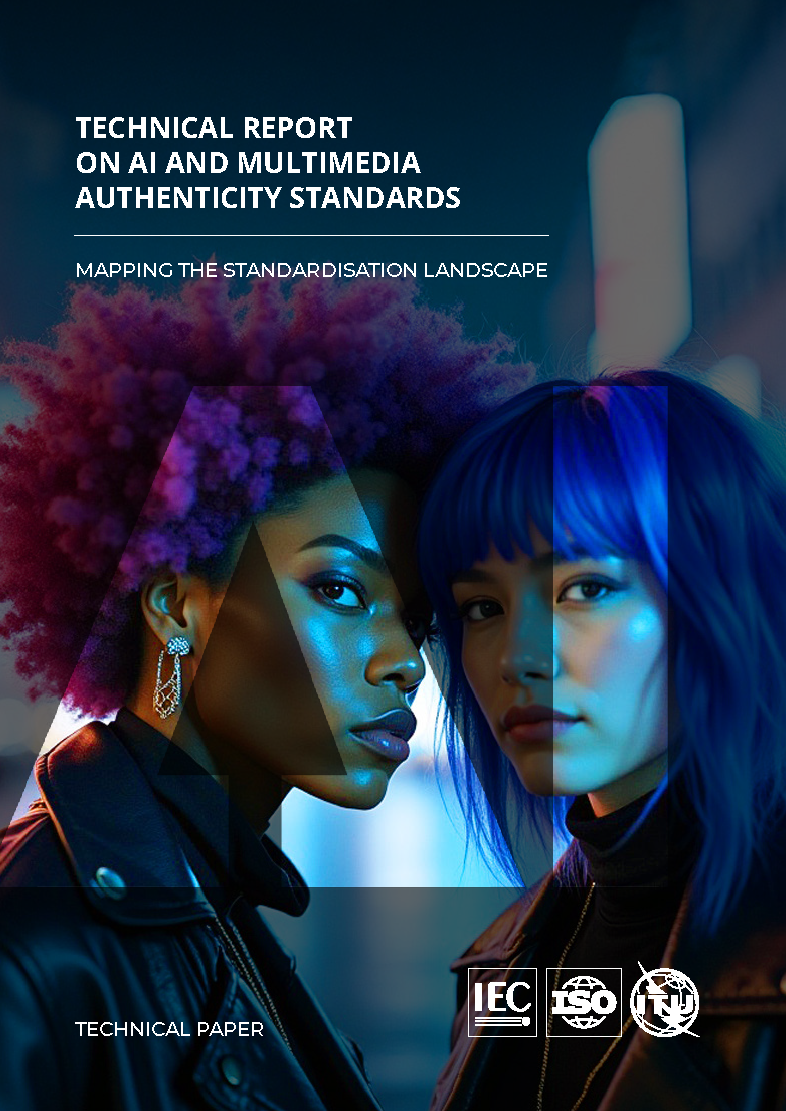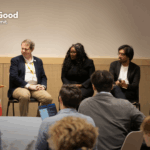This technical paper provides a comprehensive overview of the current landscape of standards and specifications related to digital media authenticity and artificial intelligence. It categorizes these standards into five key clusters: content provenance, trust and authenticity, asset identifiers, rights declarations, and watermarking. The report provides a short description of each standard along with link for further details.
By mapping the contributions of various Standard Development Organizations (SDOs) and groups, we aim to identify gaps and opportunities for further standardization. This could serve as a valuable resource for stakeholders seeking to navigate the complex ecosystem of standards at the intersection of artificial intelligence and authenticity in digital media and to implement best practices to safeguard the authenticity of digital assets and the rights assigned to them. The findings underscore the critical role of robust specifications and standards in fostering trust and accountability in the evolving digital landscape.









